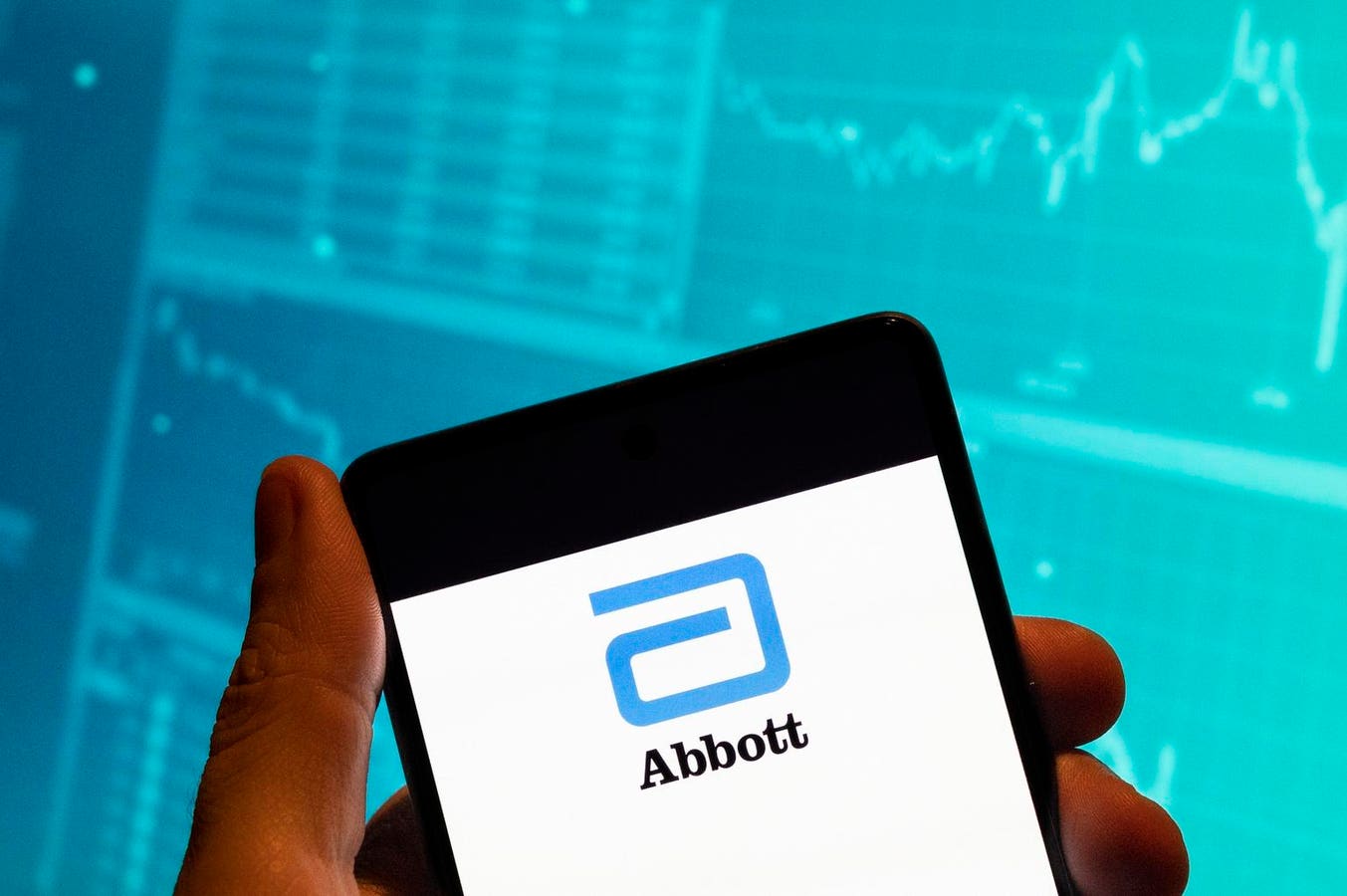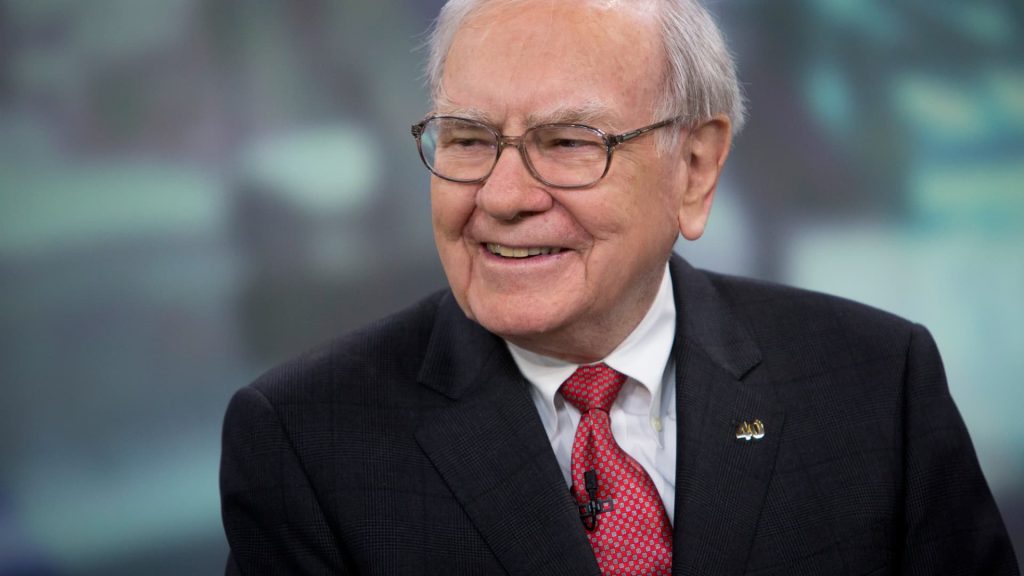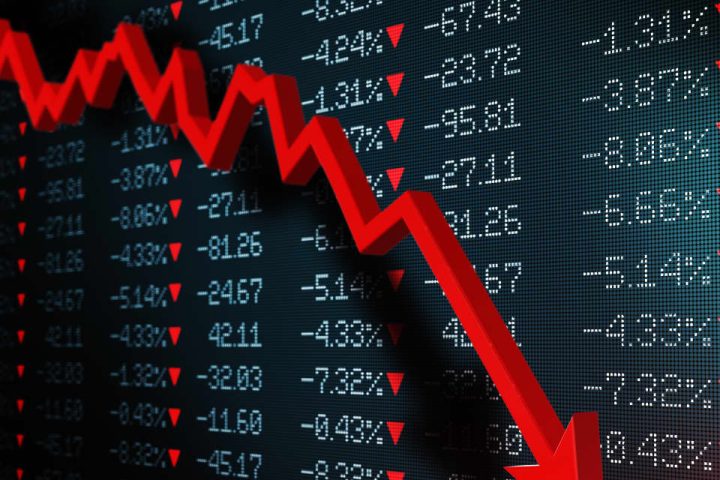Abbott (NYSE: ABT) reported its Q3 results last week, with revenues and earnings beating the street estimates. ABT stock is trading at 4.0x sales compared to the last five-year average of 5.4x, and we believe investors will likely be better off picking ABT for robust gains in the long run.
The company reported revenue of $10.1 billion, reflecting a 2.6% decline from the prior year period and above the $9.8 billion street estimate. Its adjusted earnings of $1.14 per share were down 1% y-o-y and above the consensus estimate of $1.11 per share. In this note, we discuss Abbott’s stock performance, key takeaways from its recent results, and valuation.
ABT stock has seen a decline of 15% from levels of $110 in early January 2021 to around $94 now, vs. an increase of about 10% for the S&P 500 over this roughly 3-year period. However, the decrease in ABT stock has been far from consistent. Returns for the stock were 29% in 2021, -22% in 2022, and -15% in 2023. In comparison, returns for the S&P 500 have been 27% in 2021, -19% in 2022, and 9% in 2023 – indicating that ABT underperformed the S&P in 2022 and 2023.
In fact, consistently beating the S&P 500 – in good times and bad – has been difficult over recent years for individual stocks; for heavyweights in the Health Care sector, including LLY, UNH, and JNJ, and even for the megacap stars GOOG, TSLA, and MSFT.
In contrast, the Trefis High Quality Portfolio, with a collection of 30 stocks, has outperformed the S&P 500 each year over the same period. Why is that? As a group, HQ Portfolio stocks provided better returns with less risk versus the benchmark index, less of a roller-coaster ride, as evident in HQ Portfolio performance metrics.
Given the current uncertain macroeconomic environment with high oil prices and elevated interest rates, could ABT face a similar situation as it did in 2022 and 2023 and underperform the S&P over the next 12 months – or will it see a recovery? From a valuation perspective, ABT stock looks undervalued. We estimate Abbott’s Valuation to be $117 per share, reflecting a solid 25% upside from its current levels of $94. Our forecast is based on a 26x P/E multiple for ABT and expected earnings of $4.44 on a per-share and adjusted basis for the full year 2023. The company raised its earnings outlook to now be in the range of $4.42 and $4.46 (vs. the $4.30 and $4.40 range earlier).
Abbott’s revenue of $10.1 billion in Q3 was down 3% y-o-y. The company reported a 17% jump in Medical Device segment sales, Nutrition was up 16%, and Established Pharmaceuticals saw a 3% rise in revenue. Growth in these segments was more than offset by a 33% fall in Diagnostics revenues due to lower demand for COVID-19 testing. Excluding the Covid-19 tests, the Diagnostics sales were up 10.1%. There are rising concerns over increased adoption of glucagon-like peptide-1 (GLP-1) drugs on glucose monitoring devices. However, Abbott’s management stated that they do not perceive GLP-1 drugs to put pressure on their FreeStyle range of CGM devices.
The company saw its adjusted operating income margin contract 100 bps y-o-y to 22.9%. Despite lower revenues and margin contraction, Abbott reported only a 1% decline in the bottom line to $1.14 on a per-share and adjusted basis in Q3’23. This can be attributed to lower taxes and a 1% decline in total shares outstanding.
While ABT stock looks undervalued, it is helpful to see how Abbott’s Peers fare on metrics that matter. You will find other valuable comparisons for companies across industries at Peer Comparisons.
Invest with Trefis Market Beating Portfolios
See all Trefis Price Estimates
Read the full article here







